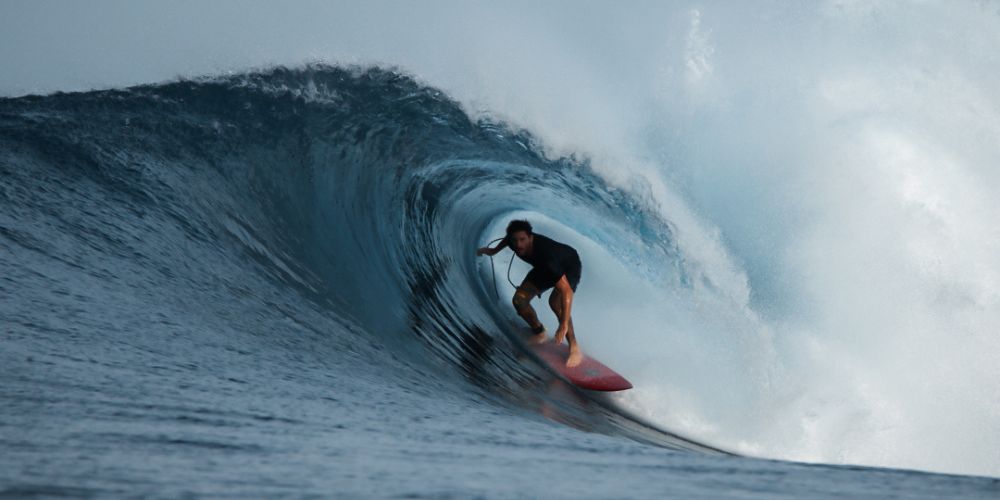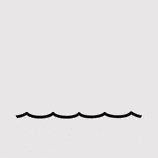Surfers have long claimed therapeutic effects of surfing. It helps in leaving our problems, drama, politics, and other negative emotions on the shore and submerge ourselves in the serenity of the ocean. We disconnect from materialism and connect with nature, friends, and the feeling of gliding weightlessly across the water surface.
Veteran surfers know the therapeutic side of surfing. But it wasn’t until recently that researchers began studying the effects of surfing on emotions and mental health and started documenting what these veterans know by heart. Surfing has also become surf therapy and it helps treat numerous behavioural and mental health issues, from PTSD to substance abuse.
What Is Surf Therapy?
The International Surf Therapy Organization (ISTO) defines surf therapy as an intervention method combining surfing/surf instruction with structured individual or group activities to promote superior physical, psychological, and psychosocial well-being. It uses the physical aspects of surfing as the basis of the healing process.
Surf therapy programs often include surfing, social skills development, individual mentoring, and clinical or group discussions to promote strength, healing, and personal growth. Surf therapy can be a stand-alone treatment method, or it can be combined with other approaches like medication management or psychotherapy.
The Evidence Behind Surf Therapy
A 2015 study showed a clear relationship between surfing and self-empowerment, mindful embodiment, developing secure attachment, and differentiation. Surf therapy supports the repair of mind-body connections following trauma, addiction, and more.
The Global Journal of Community Psychology Practice recently released a comprehensive overview of Surf Therapy around the globe and its physical, psychological, and social benefits.
Many studies support the emotional and physical benefits of surf therapy.

Why Choose Surf Therapy?
Surf therapy is filling a gap in mental health practices. Surfing is a more approachable option than walking into a clinic and speaking to a therapist about the traumas, relationships, anxieties, and other concerns. It is a new and stigma-free way of taking care of mental health.
The Benefits of Surf Therapy
There’s nothing like the feeling of returning home sun-kissed and salty after an epic surf session, whether alone or with friends.
A recent study in the Journal of Adventure Education and Outdoor Learning showed numerous benefits of surf therapy, including the release of mood-boosting neurotransmitters, recalibration of circadian rhythm, superior feelings of competence, reduction of stress hormones, and an improved connection with nature and the community.
Top benefits of surf therapy:
- Increased confidence
- Reduced stress
- Improved social connections
- Superior connection with nature
- Improved mood
- Superior physical health
Other Significant Benefits of Surf Therapy
- No Medication Required – It is not a pharmacological form of treatment. So, it doesn’t require medication and is free of side effects associated with pharmaceuticals.
- Surf Therapy Is Cost-Effective – All you need is a surfboard and the ocean. The one-time investment is much more affordable than traditional mental health therapies.
However, experts suggest undergoing surf therapy in a structured approach. The International Surf Therapy Organization includes a network of organizations to help you find the best surf therapy program for your needs.
Surf Therapy and Common Mental Health Disorders
The Naval Medical Center San Diego (NMCSD) is an institution currently studying surf therapy as a possible treatment option for common mental health issues like post-traumatic stress disorder (PTSD), anxiety, stress, and substance abuse.
The NMCSD’s studies and others found that surf therapy can be an effective option for preventing suicidal thoughts and treating conditions like PTSD, depression, and anxiety. Surf therapy proved especially beneficial for adults and adolescents uninterested in traditional therapy options.
The International Surf Therapy Organization aims to make surfing a clinically recognized mental health treatment method in the next several years. However, members of the ISTO acknowledge there is no one-size-fits-all treatment method for behavioral and mental health concerns. Surf therapy is one of many tools that can be used individually or as part of a multi-faceted treatment program.
The Ultimate Place to Experience Surfing and All Its Benefits
Individuals looking for an idyllic place to experience the therapeutic benefits of surfing will find it at Hollow Tree’s Resort in the Mentawais. This legendary Indonesian surf destination is directly in front of one of the best righthand waves in the world. This world-class surf destination offers world-class immensities and unforgettable experiences.
You don’t have to be an expert surfer to enjoy it here. You can find experienced surf instructors for step-by-step guidance from standing up to riding waves on your first day. Come visit HT’s Resort, the ultimate destination for a memorable and meditative surf trip in the heart of tropical paradise.




